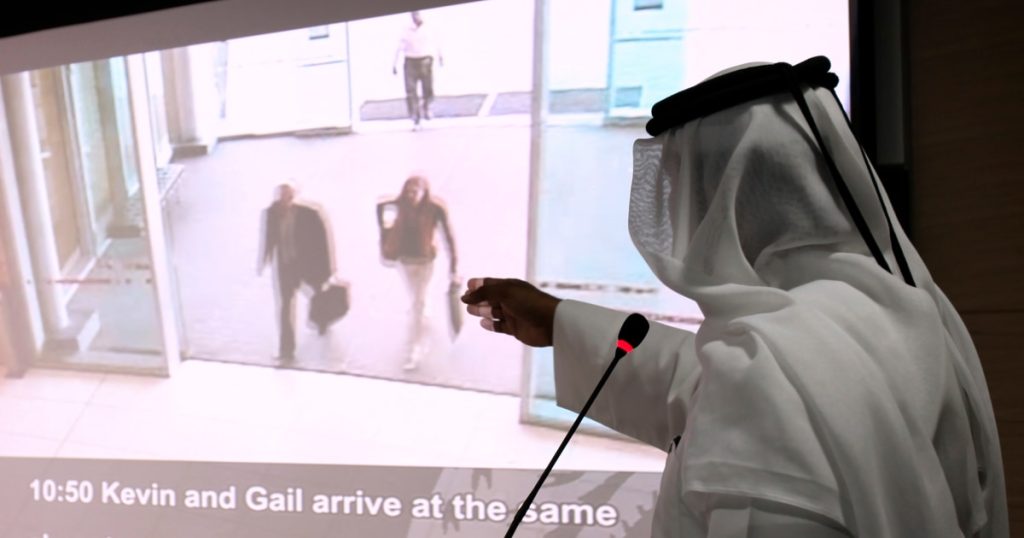Israel’s spy agency, Mossad, recently executed a series of attacks on Hezbollah using high-tech explosives, resulting in the deaths of over 30 people in Lebanon. This is just the latest in a long history of covert operations carried out by Israel against its enemies, dating back to the country’s establishment in 1948. These operations have involved various methods such as letter bombs, poison, booby traps, armed drones, and even an AI-assisted robotic machine gun. While these operations have been successful in the short term, they have also raised ethical concerns for the Israeli government and often produced only temporary results without lasting effects.
One of Mossad’s early missions involved capturing Nazi officer Adolf Eichmann, the mastermind behind the Holocaust, in Argentina in 1960. Israel also targeted German scientists aiding Egypt’s rocket program in the early 1960s with letter bombs, leading to the downfall of the program. After the 1972 Munich Olympics massacre, Israel launched Operation Wrath of God to hunt down those responsible. This campaign included a daring commando raid in Beirut led by Ehud Barak. Despite some successful operations, like the killing of major Hamas official Mahmoud al-Mabhouh in 2010, other missions have failed, such as the accidental killing of an innocent man in 1973.
The introduction of armed drones in the 1990s significantly enhanced Israel’s ability to carry out targeted killings without risking the lives of troops or spies. Mossad focused on targeting Iranian nuclear scientists overseeing the country’s program, with several being killed by motorcyclists attaching bombs to cars. In 2021, the most important figure in Iran’s nuclear weapons program, Mohsen Fakhrizadeh, was killed by a remote-controlled machine gun. Israel also intensified its covert operations after a Hamas attack in October, targeting senior Hamas and Hezbollah figures through drone strikes.
The recent attacks on Hezbollah in Lebanon, as well as the killings of top Hamas and Hezbollah figures, indicate Mossad’s heightened focus on eliminating threats to Israeli security. Mossad’s chief, David Barnea, has vowed to track down all those involved in the October attack on Israel, both directly and indirectly, echoing the agency’s determination to take out its enemies. However, despite Mossad’s successes in carrying out targeted killings and covert operations over the years, these actions have generated ethical dilemmas and have not always produced long-lasting effects on Israel’s adversaries, as new leaders quickly emerge to replace those who were eliminated.
In conclusion, Israel’s history of audacious covert operations, including targeted killings and assassination campaigns, has been a cornerstone of its national security strategy for decades. While these operations have been effective in eliminating threats in the short term and instilling fear among enemies, they have also faced ethical challenges and limitations in achieving lasting results. Mossad’s recent attacks on Hezbollah and other adversaries demonstrate the agency’s relentless pursuit of those deemed as threats to Israeli security, using a combination of high-tech tools and spycraft to achieve its objectives. However, the ultimate impact of these operations remains to be seen, as they continue to provoke controversy and raise questions about the long-term effectiveness of targeted killings in addressing complex security threats.












